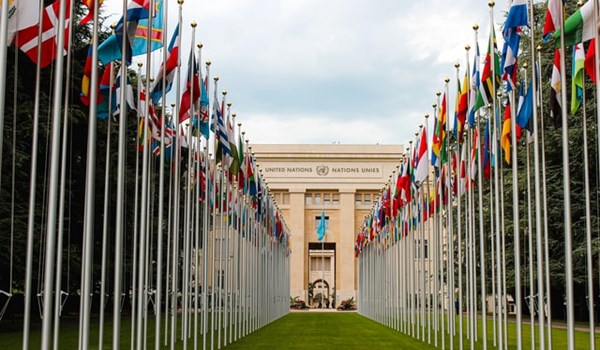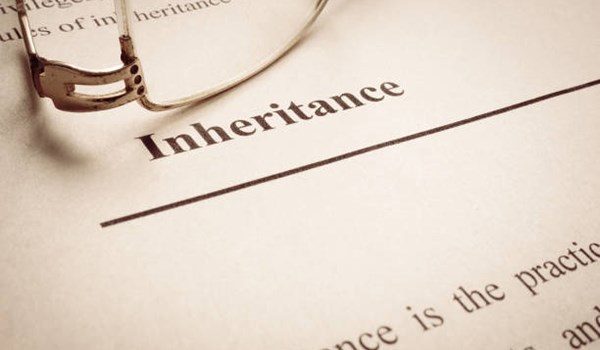Vice President Kamala Harris is on record in support of a national wealth tax.
In March, the Biden-Harris Administration released its official Fiscal Year 2025 budget proposal which calls for the creation of an annual 25 percent minimum tax on the unrealized gains of individuals with income and assets that exceed $100 million. Once in place, progressives will ensure the tax grows to hit more and more Americans over time.
Harris has not been shy in taking ownership of Biden-Harris FY 2025 budget, noting in a March post on X that the budget plan was jointly put forward by her and Biden.
Radical departure from normal taxation
A wealth tax is an annual tax on a taxpayer’s assets. This tax leads to double and triple taxation as it is imposed in addition to income taxes and is imposed on the same assets year after year.
This Biden-Harris wealth tax is a radical departure from the established principle that capital gains taxes should only be paid only when a gain is realized. Harris’s proposal would break with current tax policy and impose tax Americans based on the value of an asset on a particular arbitrary date.
Harris’s wealth tax plan is similar to the wealth taxes pushed by radical progressives such as Sens. Elizabeth Warren (D-Mass.) and Bernie Sanders (I-Vt.).
American voters oppose a wealth tax
Americans overwhelmingly oppose taxes on unrealized gains, by a factor of three to one, including 76% of independents. Americans know that a “gain” isn’t “real” until it is actually realized, in hand.
Countries that implemented a wealth tax are now repealing them
As the Tax Foundation points out, most countries around the world that implemented a net wealth tax have now repealed their net wealth taxes, “acknowledging that wealth taxes disincentivize entrepreneurship and harm innovation and long-term growth.”
France is the latest country to repeal its wealth tax, having done so in 2018. Other countries that have repealed that repealed these taxes in recent years include Austria, Denmark, Germany, the Netherlands, Finland, Iceland, Luxembourg and Sweden. Only four countries in the world still have a wealth tax.
Harris Wealth Tax Empowers the Supersized IRS to Extract Sensitive Personal Information that the IRS has Proven Unable to Safeguard
The Harris wealth tax would give unprecedented power to the IRS.
Harris cast the deciding vote for the legislation which shoveled $80 billion to the IRS to hire tens of thousands of agents.

Under the Harris wealth tax Americans would be required to disclose sensitive information on their assets to the IRS. As the Biden-Harris Administration’s own Treasury Department makes clear:
“Taxpayers with wealth greater than the threshold would be required to report to the Internal Revenue Service (IRS) on an annual basis, separately by asset class, the total basis and total estimated value (as of December 31 of the taxable year) of their assets in each specified asset. class, and the total amount of their liabilities.”
Not only are these invasive reporting requirements a privacy violation, they will create handy lists for burglars and thieves, as the IRS has proven unwilling or unable to secure private tax files.




